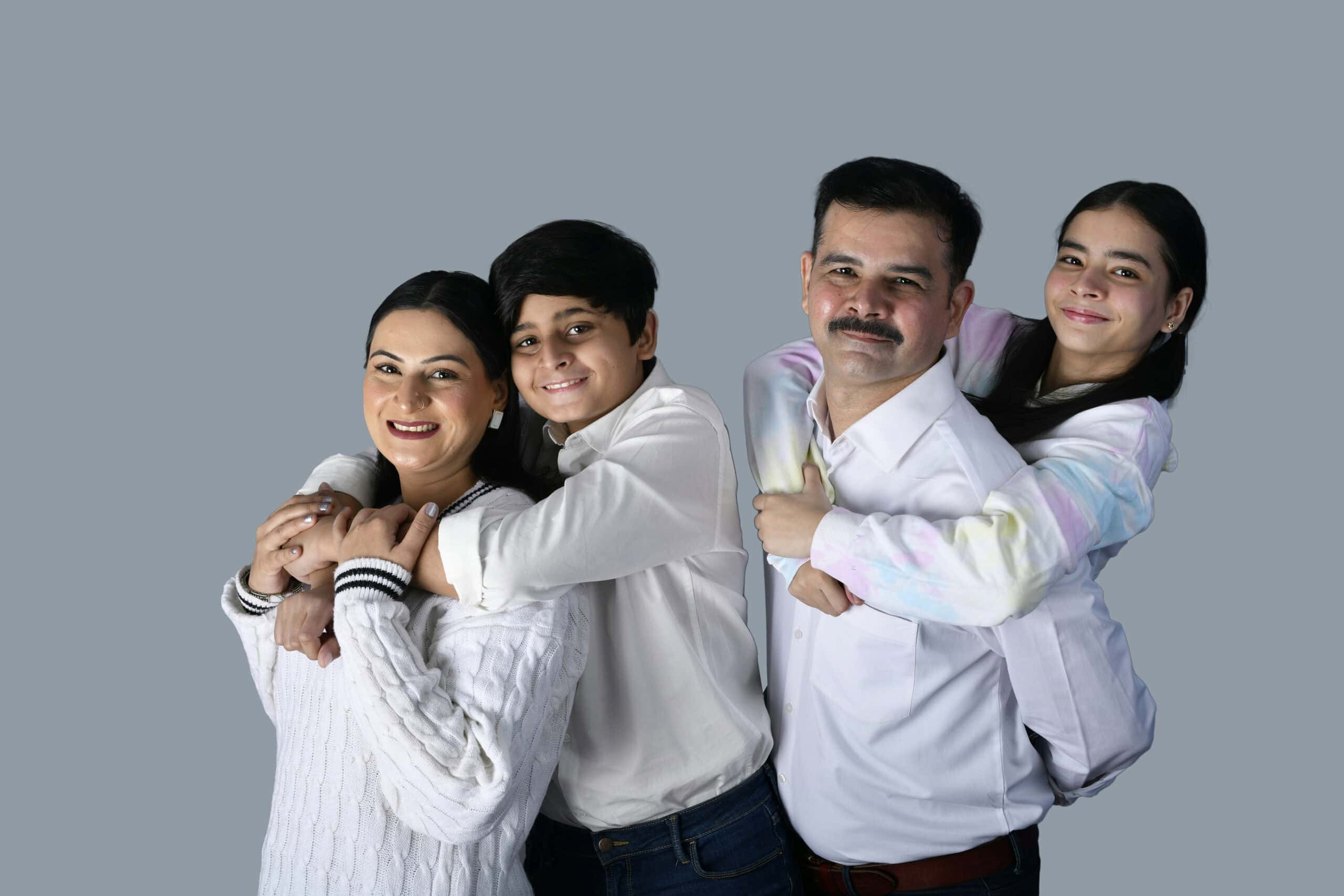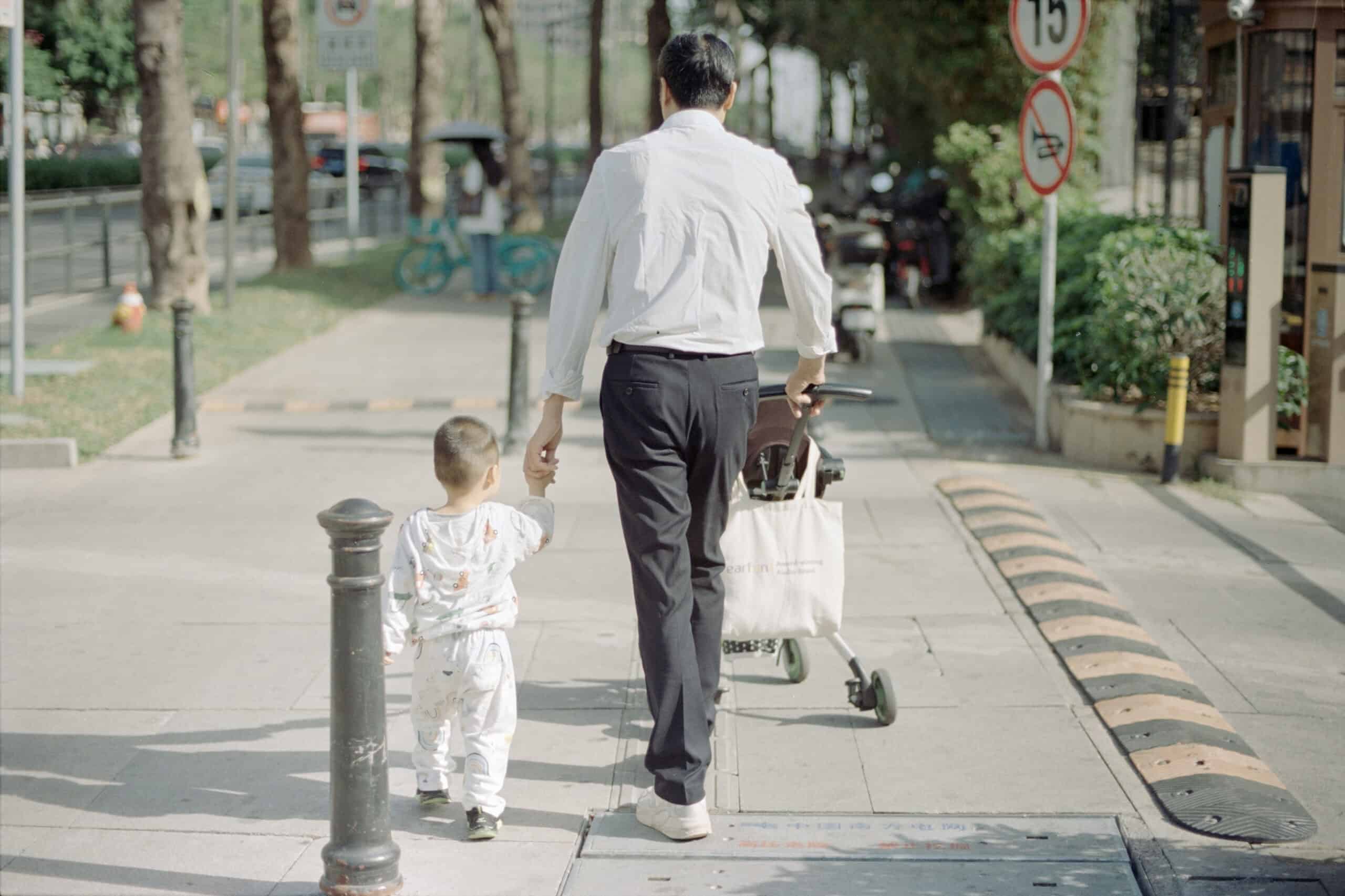Why Modern Fatherhood Matters More Than Ever
Fathers today are embracing roles that go far beyond traditional expectations, stepping up as active, nurturing, and involved parents. This transformation reflects broader cultural shifts, with research highlighting the positive impact of father involvement on child development and family well-being. As society evolves, the importance of engaged fatherhood has never been clearer.
1. Active Parenting Shapes Healthier Children

Modern fathers who play an active role in parenting significantly influence their children’s emotional, social, and cognitive development. Studies reveal that engaged dads help lower the risk of behavioral problems, encourage resilience, and improve academic performance. Children with involved fathers are less likely to suffer from depression and more likely to excel academically, underscoring the profound impact of active fatherhood on a child’s overall well-being.
2. Redefining Gender Roles in the Home
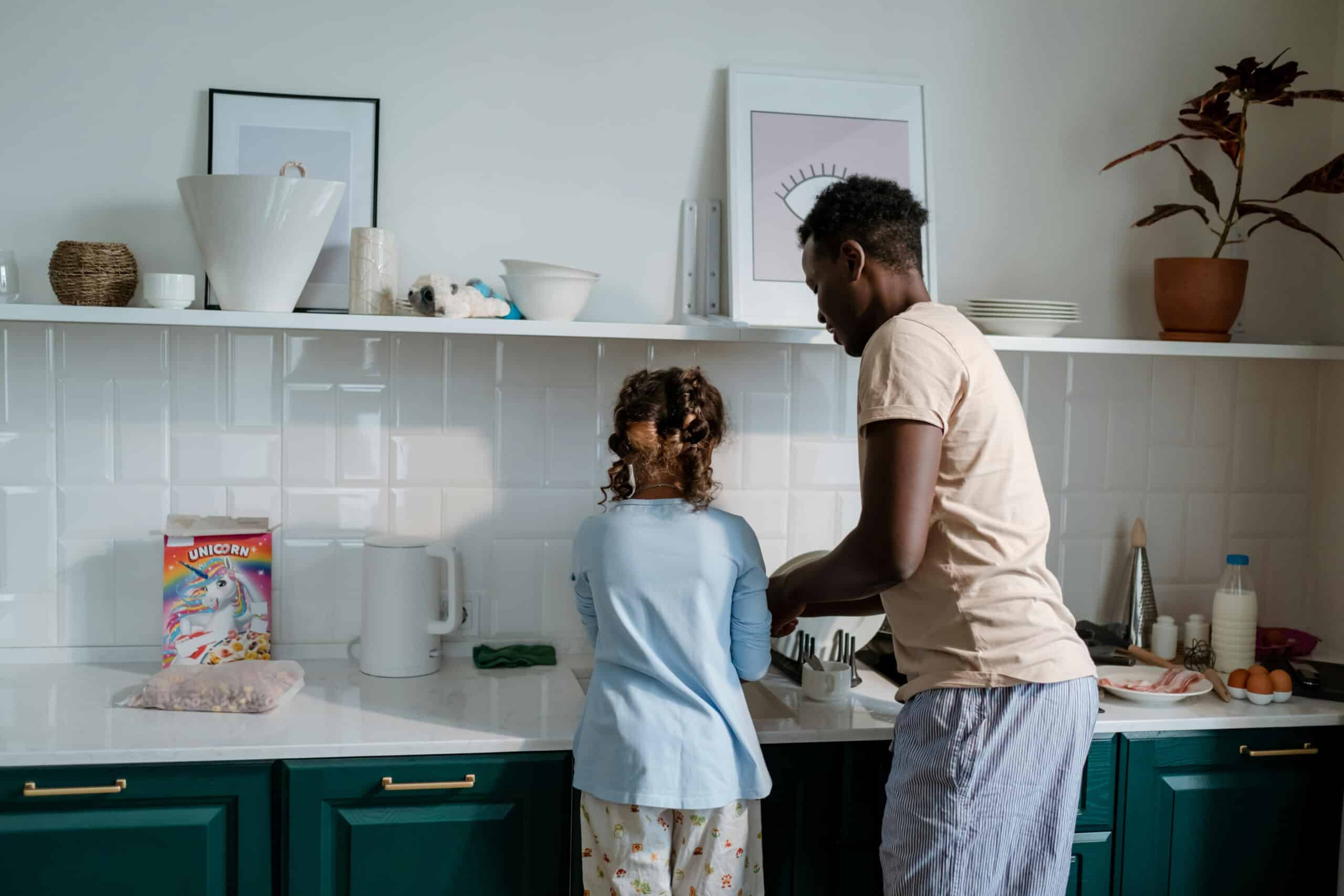
When fathers actively participate in caregiving and household responsibilities, they help challenge outdated gender stereotypes and promote equality within the family. This shift models more balanced relationships for children and encourages equitable partnerships. There has been a significant increase in fathers embracing primary caregiver roles, demonstrating how modern fatherhood is helping to reshape traditional expectations and foster a more inclusive home environment.
3. Supporting Mothers and Reducing Parental Stress
When fathers actively share parenting and household duties, it eases the burden on mothers, reducing stress and promoting healthier family dynamics. This collaborative approach benefits everyone, fostering a supportive environment and improving overall well-being. Shared parenting leads to better maternal mental health and significantly lowers the risk of parental burnout, highlighting the importance of teamwork in modern families.
4. Enhancing Child Development Through Diverse Perspectives
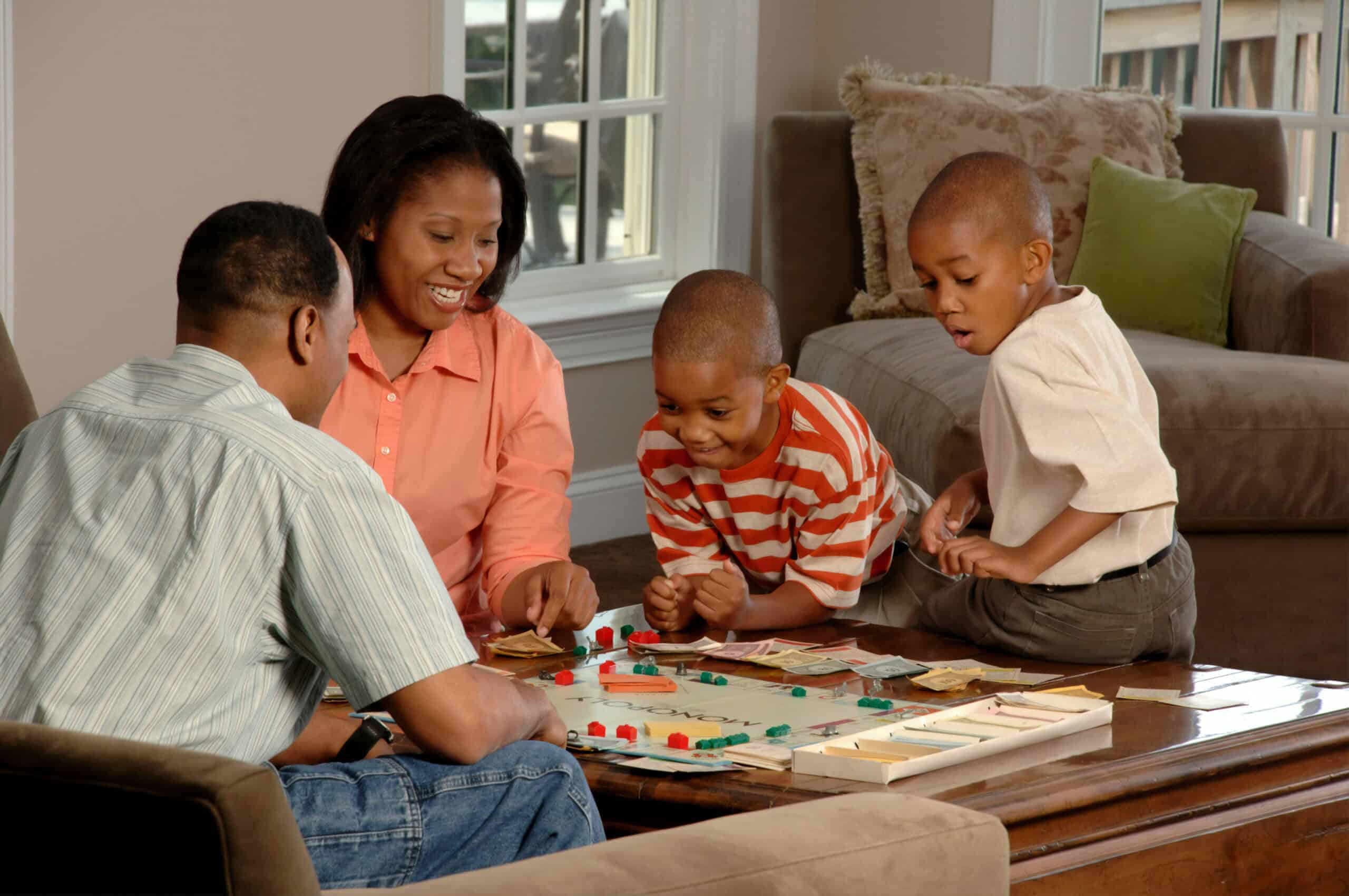
Modern fathers contribute unique interaction styles and problem-solving methods that enrich children’s cognitive and emotional growth. This diversity in parental engagement exposes children to different viewpoints, fostering flexible thinking and stronger emotional intelligence. Such varied experiences are crucial for building adaptability and resilience, equipping children with important life skills for navigating an increasingly complex world.
5. Promoting Emotional Intelligence and Empathy

When fathers demonstrate nurturing behavior and openly express their emotions, they teach children essential skills like empathy and healthy emotional communication. This positive modeling helps kids understand and manage their own feelings, leading to stronger relationships and social success. Children with emotionally available fathers are more adept at building connections and handling emotions effectively, underscoring the lasting impact of emotionally engaged dads.
6. Serving as Positive Male Role Models
Modern fathers play a crucial role in defining what responsible masculinity looks like, challenging outdated stereotypes and promoting healthy behaviors. By modeling respect, responsibility, and kindness, fathers set powerful examples for both sons and daughters, shaping their understanding of positive male identity.
7. Adapting to Changing Work-Life Balance Expectations
As workplace norms evolve, increasing numbers of fathers are opting for flexible schedules and taking paternity leave to be more present at home. This shift highlights society’s acknowledgment of the vital role fathers play in child-rearing and family life. There has been a notable rise in fathers utilizing paternity leave and flexible work options, supporting greater family involvement.
8. Encouraging Lifelong Learning and Curiosity
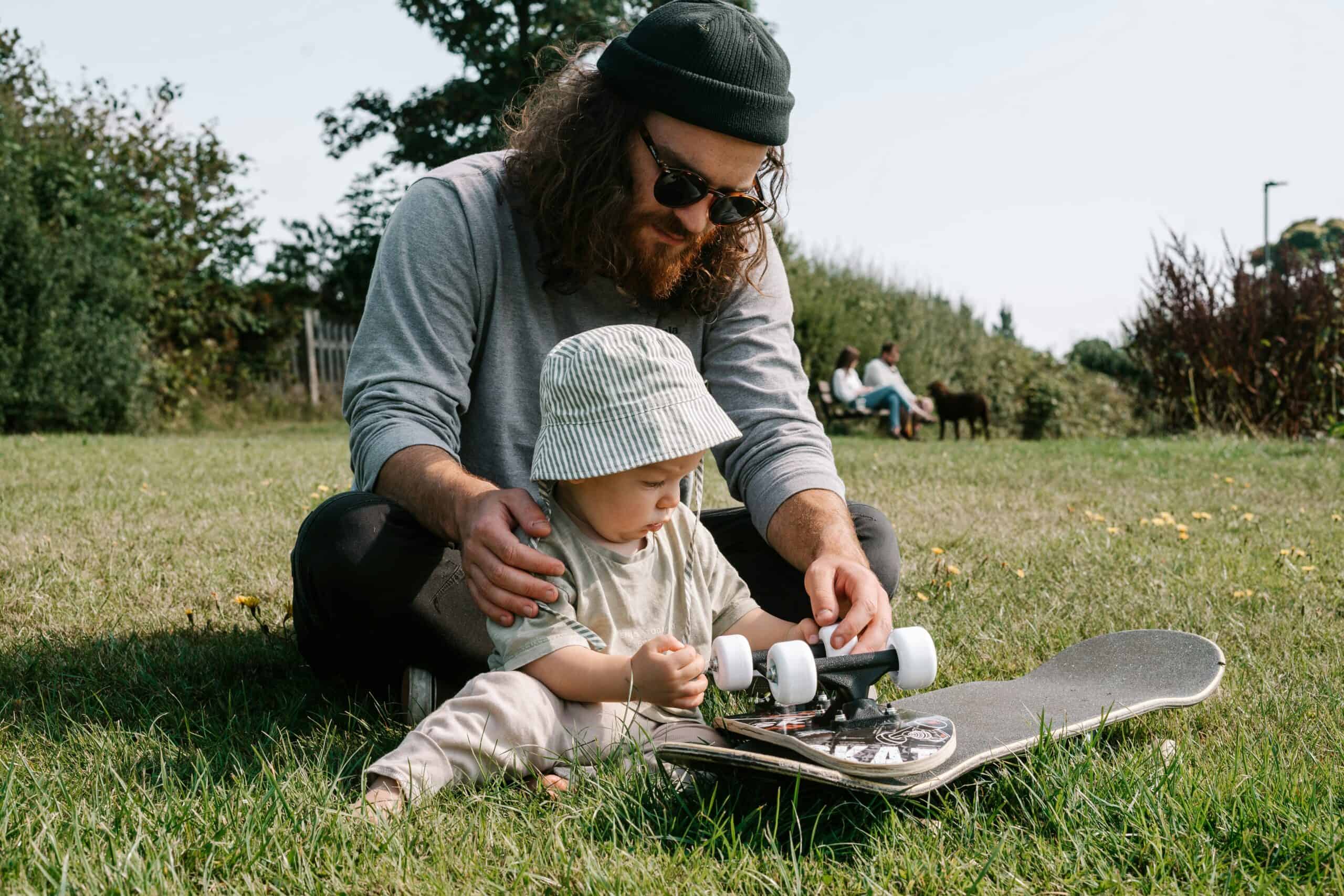
Active fathers frequently participate in hands-on activities with their children, such as building projects, conducting science experiments, or exploring outdoors. These shared experiences nurture curiosity and inspire a lasting love for discovery. By engaging in early learning together, fathers help develop critical thinking skills in their children.
9. Fostering Resilience in the Face of Change
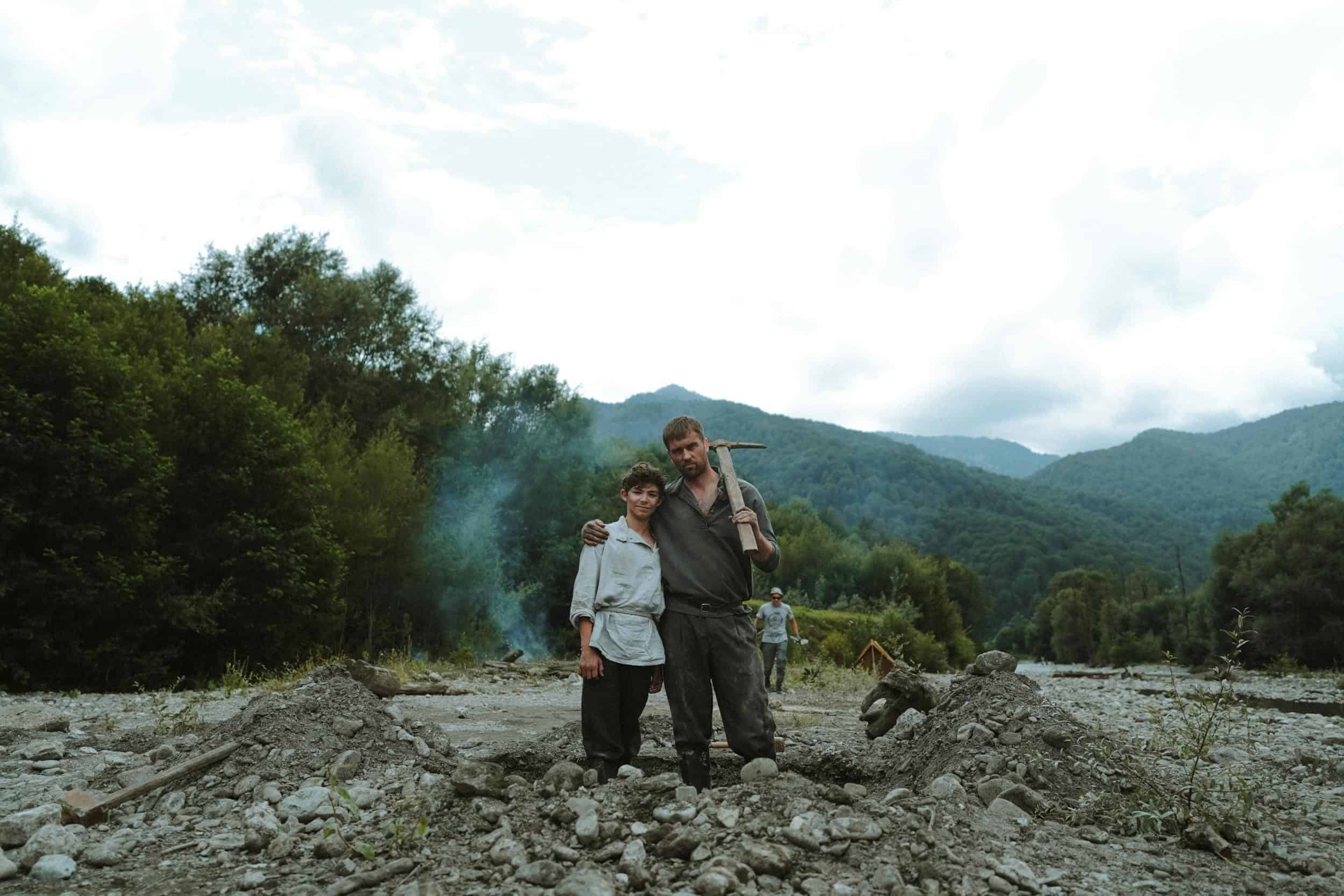
Modern fathers who exhibit adaptability and effective problem-solving provide children with valuable tools for managing life’s uncertainties. By modeling resilience, fathers teach their kids how to confidently navigate transitions, challenges, and setbacks. This example helps children develop coping skills and emotional strength.
10. Building Stronger Community Connections

When fathers actively engage in schools, sports, and community organizations, they help strengthen social bonds and create supportive networks. This involvement not only enriches their own children’s lives but also benefits the entire community by fostering inclusion and shared responsibility. The positive influence of engaged fathers extends well beyond the family, creating lasting ripple effects throughout society.
11. Preparing the Next Generation for Equality

When fathers model respect and equality in the home, they help instill values of diversity and fairness in their children from an early age. This foundational exposure influences how children view and interact with others as adults, promoting more inclusive and equitable societies.
Conclusion

Modern fatherhood profoundly shapes children, strengthens families, and benefits society as a whole. Today’s fathers are more engaged and multifaceted than ever, modeling resilience, empathy, and equality while actively supporting their children’s growth and well-being. Their involvement paves the way for healthier, more adaptable, and inclusive communities. As research from organizations like the Child Trends and the National Responsible Fatherhood Clearinghouse shows, the positive impact of modern dads cannot be overstated.
.article-content-img img { width: 100% }
